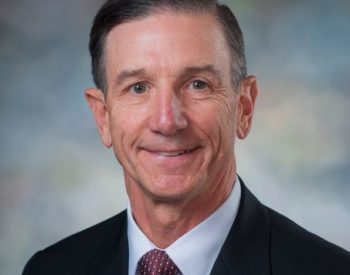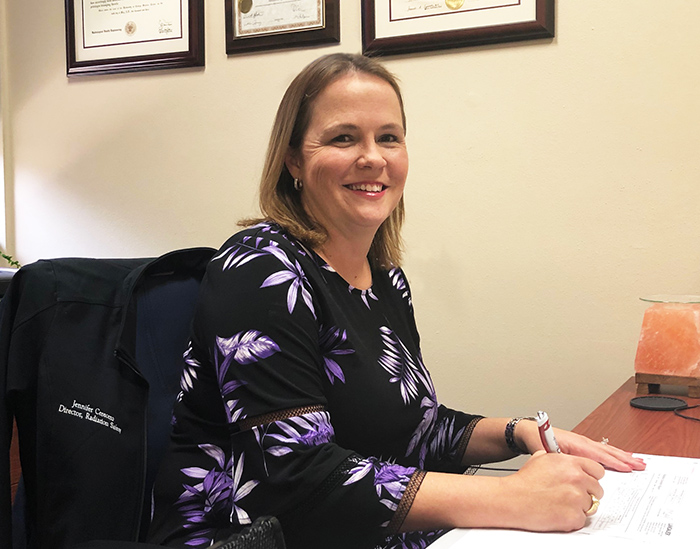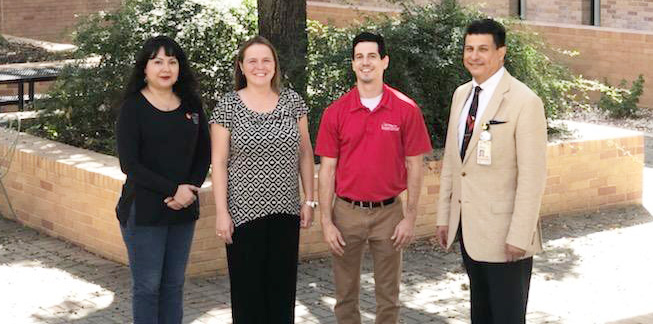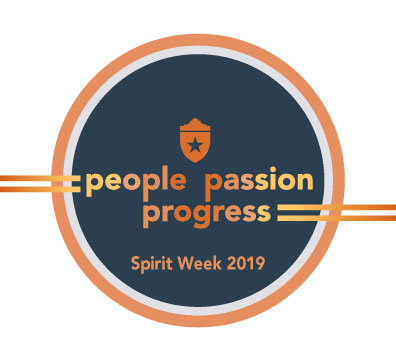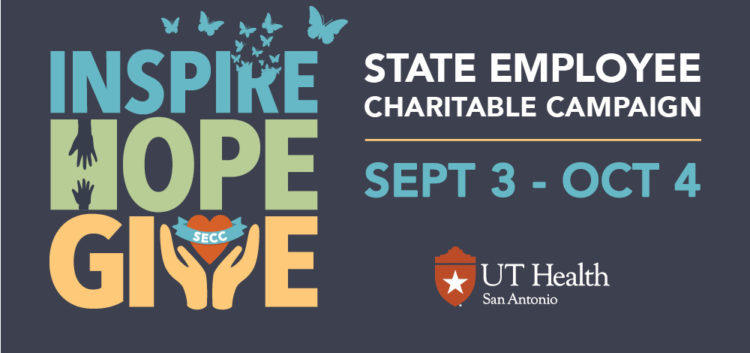Sixty percent of U.S. kids are exposed to violence, crime or abuse.
These kids still have to go to class, carrying a burden of stress and trauma that can hurt their behavior and grades in schools that aren’t even aware there’s an issue.
That’s why the new “Handle With Care Action Pack,” from the Salud America! health equity program at UT Health San Antonio in collaboration with Andrea Darr of the West Virginia Center for Children’s Justice, aims to help police, school and mental health care leaders start the Handle with Care program.
In a Handle With Care program, police notify schools when they encounter children at a traumatic scene, so schools can provide support right away.
“Communities across the country are realizing the value of starting a local Handle With Care program, where police give schools a heads-up when they come across kids at the scene of domestic violence, shootings, drug raids, etc.,” said Dr. Amelie G. Ramirez, director of Salud America! and chair of the Department of Population Health Sciences at UT Health San Antonio. “Schools prepare to give trauma-sensitive support and connect those kids and families to mental health care services as needed.”
Over 65 U.S. cities have started a Handle With Care program.
Ramirez said the Action Pack has five steps to help more communities start Handle With Care:
- Start the Conversation. Use our model emails and talking points to engage decision-makers about the need for Handle With Care.
- Create a Group and a Vision. Use our model materials to plan, invite people to and conduct a community meeting to plan your Handle With Care program.
- Create Your Notification Flow. Use the model notification system to create your Handle With Care Notification Flow from police to schools. Most use email, text or police dispatch to send notifications with the child’s name, age, school, and a simple message to “Handle With Care” (no confidential or police incident information is shared).
- Implement Your Program (with Training). Use our sample materials to train police, school and mental health care personnel to implement Handle With Care.
- Promote the Program. Use our model news release and sharable social media materials to raise awareness of your Handle With Care program.
“The goal is to set schools up to better help children exposed to trauma to focus, behave appropriately and learn,” Darr said.
San Antonio is pilot-testing its own Handle With Care program, teaming the San Antonio Police Department with the San Antonio, North East and East Central school districts.
“Handle with Care was the perfect opportunity to learn if something is going on at home so we can better support kids in the school environment,” said Diana Centeno, a student support leader at San Antonio Independent School District.
Sign up for the Action Pack: https://salud.to/handlewithcare.



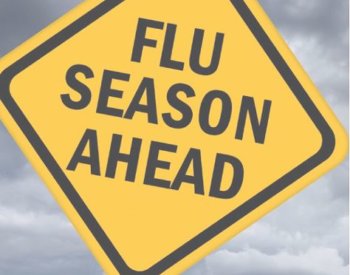 Wellness 360, comprehensive health care for employees and students, is offering flu shots at several locations in October.
Wellness 360, comprehensive health care for employees and students, is offering flu shots at several locations in October.